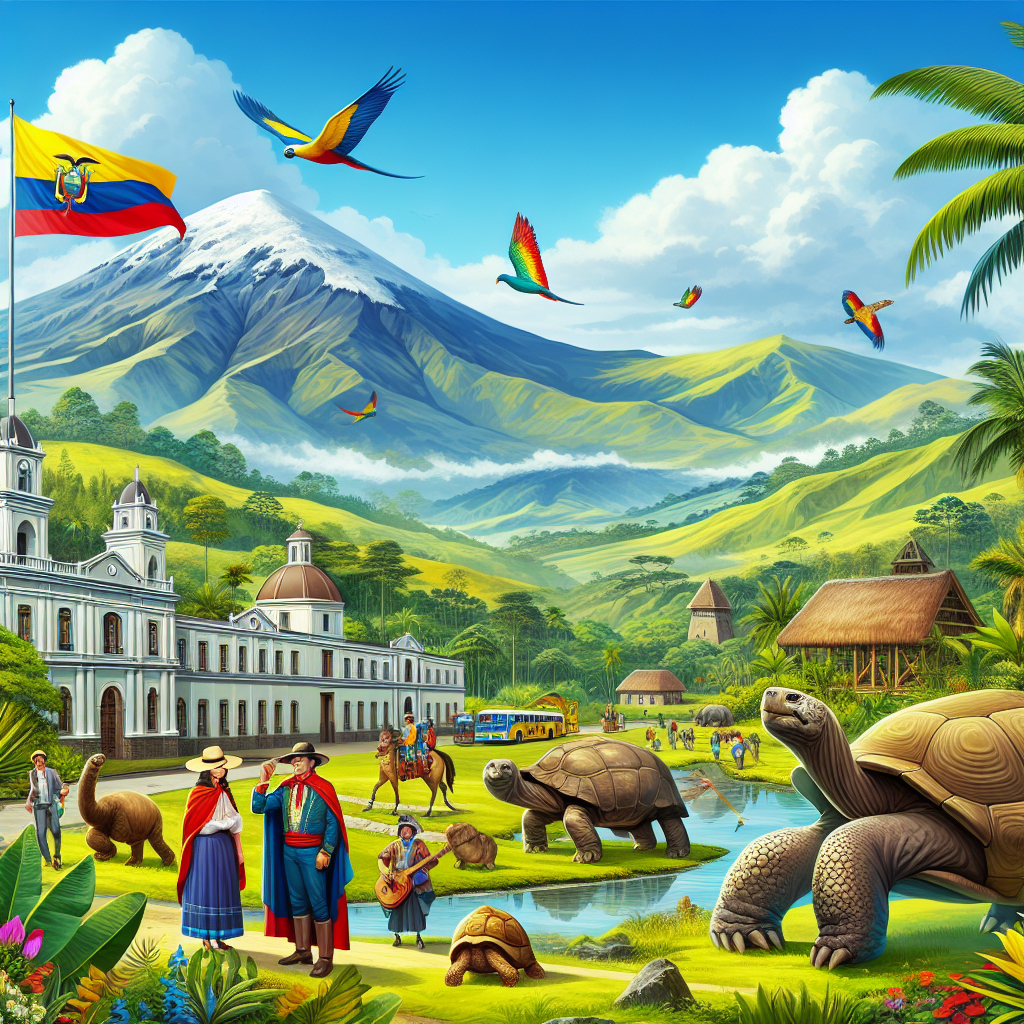IFC and Banco Pichincha Join Forces to Empower Women Entrepreneurs and Boost Climate Resilience in Ecuador
The financing package comprises a $55 million loan from IFC’s own funds and $45 million mobilized through IFC’s syndications program.

The International Finance Corporation (IFC), part of the World Bank Group, has announced a US$100 million financing initiative for Banco Pichincha C.A., designed to foster sustainable development in Ecuador. The funding will target women-led microenterprises and climate resilience efforts in agriculture and fishing, supporting critical sectors for economic stability and social equity.
The financing package comprises a $55 million loan from IFC’s own funds and $45 million mobilized through IFC’s syndications program. This subordinated loan will help Banco Pichincha expand its reach to underserved markets, addressing two pressing challenges:
- Access to Capital for Women Entrepreneurs: Women-owned microenterprises face significant barriers in securing financing. This initiative aims to close the $17.9 billion SME financing gap in Ecuador, which disproportionately affects women-led businesses.
- Promoting Climate Resilience: Investments will support sustainable agriculture and fishing practices, addressing the vulnerabilities of these sectors to adverse climatic events such as droughts and floods.
Strategic Alignment and Impact
The investment aligns with the World Bank Group’s Green, Resilient, and Inclusive Development (GRID) framework, emphasizing economic resilience and inclusion.
“For years, we have relied on the trust of multilateral organizations that share our vision of generating a positive impact on Ecuadorian society and promoting more sustainable practices among our clients. This financing will allow us to boost the growth of women entrepreneurs and strengthen agricultural practices in the country,” said Santiago Bayas, General Manager of Banco Pichincha.
Matilde Bordón, IFC Country Manager for Ecuador and Peru, emphasized the strategic importance of the partnership, stating: “By supporting women-owned microenterprises and promoting sustainable agriculture, this financing for Banco Pichincha allows us to consolidate IFC's strategy for Ecuador and the region. This investment reinforces inclusion, sustainability, and productivity, ensuring we build resilience in the economy and society.”
Economic Context and Challenges
Ecuador’s economy showed a strong recovery from the pandemic, with growth rates of 9.8% in 2021 and 6.1% in 2022. However, challenges emerged in 2023 and 2024 due to increased insecurity, falling oil prices, fiscal consolidation measures, and adverse climatic events, including severe droughts that caused an electricity crisis. These factors worsened labor market conditions, with the adequate employment rate falling from 35.8% in November 2023 to 33.7% in November 2024. Underemployment rose from 60.6% to 62.5%, and unemployment disproportionately impacted women, with rates of 4.8% compared to 3.0% for men.
Against this backdrop, the financing initiative is expected to stimulate economic growth, improve employment opportunities, and address gender disparities in the labor market.
Banco Pichincha’s Commitment to Sustainability
Banco Pichincha, Ecuador’s largest bank with 118 years of history, serves over 700,000 microfinance clients across the country. The bank has consistently championed social impact and sustainability initiatives, taking a leadership role in fostering inclusive growth and environmental stewardship.
With this partnership, Banco Pichincha will enhance its ability to drive positive change, empowering women entrepreneurs and strengthening climate-resilient practices in agriculture and fishing—sectors vital to Ecuador’s economic well-being.
This initiative underscores IFC’s commitment to advancing sustainable development and financial inclusion in Ecuador, creating a blueprint for addressing similar challenges across the region.
- READ MORE ON:
- Ecuador
- Banco Pichincha
- International Finance Corporation










